Intellectual Property Rights in the Age of Artificial Intelligence: Navigating Challenges and Seizing Opportunities
IIPRD
JUNE 13, 2024
Analyzing the convergence of AI and IPR laws, it elucidates the challenges and ambiguities in recognizing AI as inventors or creators. When artificial technologies are utilized for creating innovations, such as employing evolutionary algorithms for antenna design or engaging IBM Watson to produce music, IPR laws become relevant.

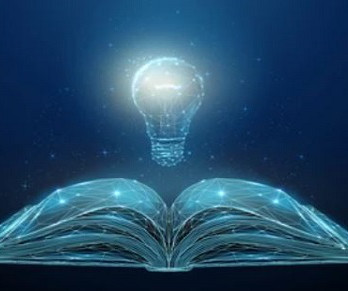
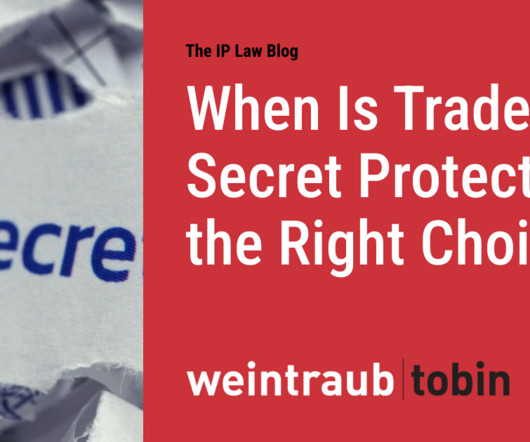
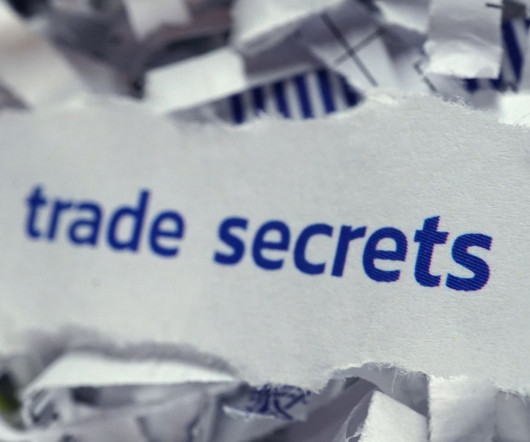
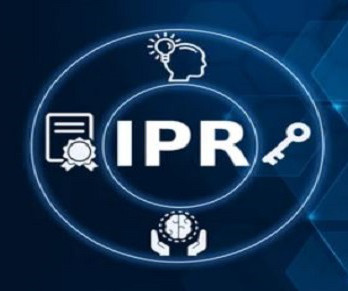
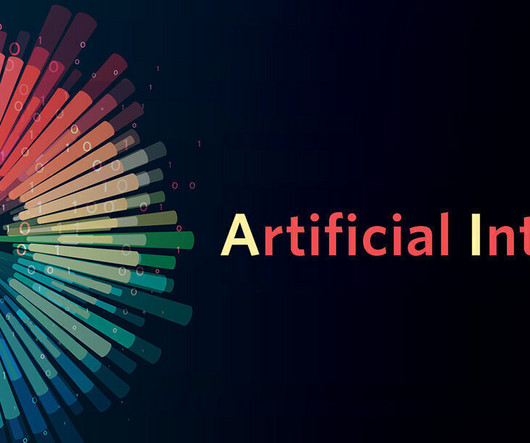






Let's personalize your content